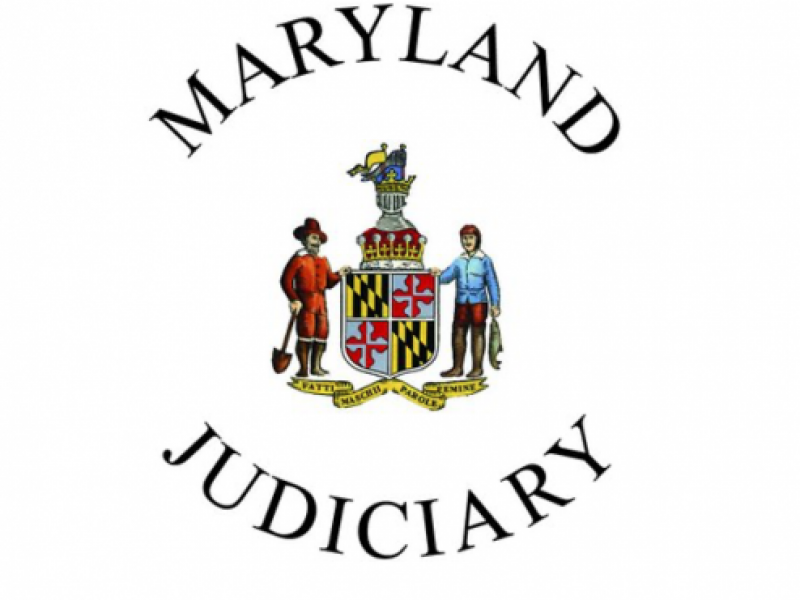
Document Author(s):
Year Published:
Topics:
State:
Region:
Reports: Statewide Evaluation of Court ADR (Maryland 2013)
The Maryland Judiciary commissioned independent researchers to conduct the following studies as part of its long-term commitment to build alternative dispute resolution (ADR) programs in Maryland and to provide the highest quality ADR services to Marylanders. The research was led by the Administrative Office of the Courts and funded in part by a grant from the State Justice Institute. The page may be accessed at https://mdcourts.gov/courtoperations/adrprojects.
Alternative Dispute Resolution Landscape: An Overview of ADR in the Maryland Court System. This report provides a comprehensive snap-shot of the court-affiliated ADR programs throughout Maryland, based on interviews of Court ADR Program Managers and courthouse staff conducted from July 2010 through January 2013.
Criminal Court - Impact of Mediation on Criminal Misdemeanor Cases. This study examined the effect in terms of cost to the court system for cases which are referred to mediation compared to cases which are not referred to mediation. It also explores the effect on the participants regarding how the situation has worked out for them.
District Court Comparison - Impact of ADR on Responsibility, Empowerment, and Resolution. This study compared the attitudes and changes in attitudes of District Court litigants who went through ADR to an equivalent comparison group who went through the standard court process
- District Court Comparison Two-Page Summary (opens as PDF)
- District Court Comparison Full Report (direct PDF download)
District Court Strategies - What Works in District Court Day of Trial Mediation. This study examined the effect of mediator strategies (i.e. techniques) and program factors on case outcomes in day of trial mediations in the Maryland District Court.
- District Court Strategies Two-Page Summary (opens as PDF)
- District Court Strategies Full Report (direct PDF download)
Family - Effectiveness of Mediator Strategies in Custody Mediation. This study examined the effect of mediator strategies (i.e. techniques) in child custody cases in three Maryland circuit courts.
Collaborative Law: The Current and Prospective Use of Collaborative Law in Maryland. This report presents the emerging area of collaborative law through an examination of previous research in this area, and through interviews and surveys of court personnel and attorneys practicing collaborative law in Maryland.